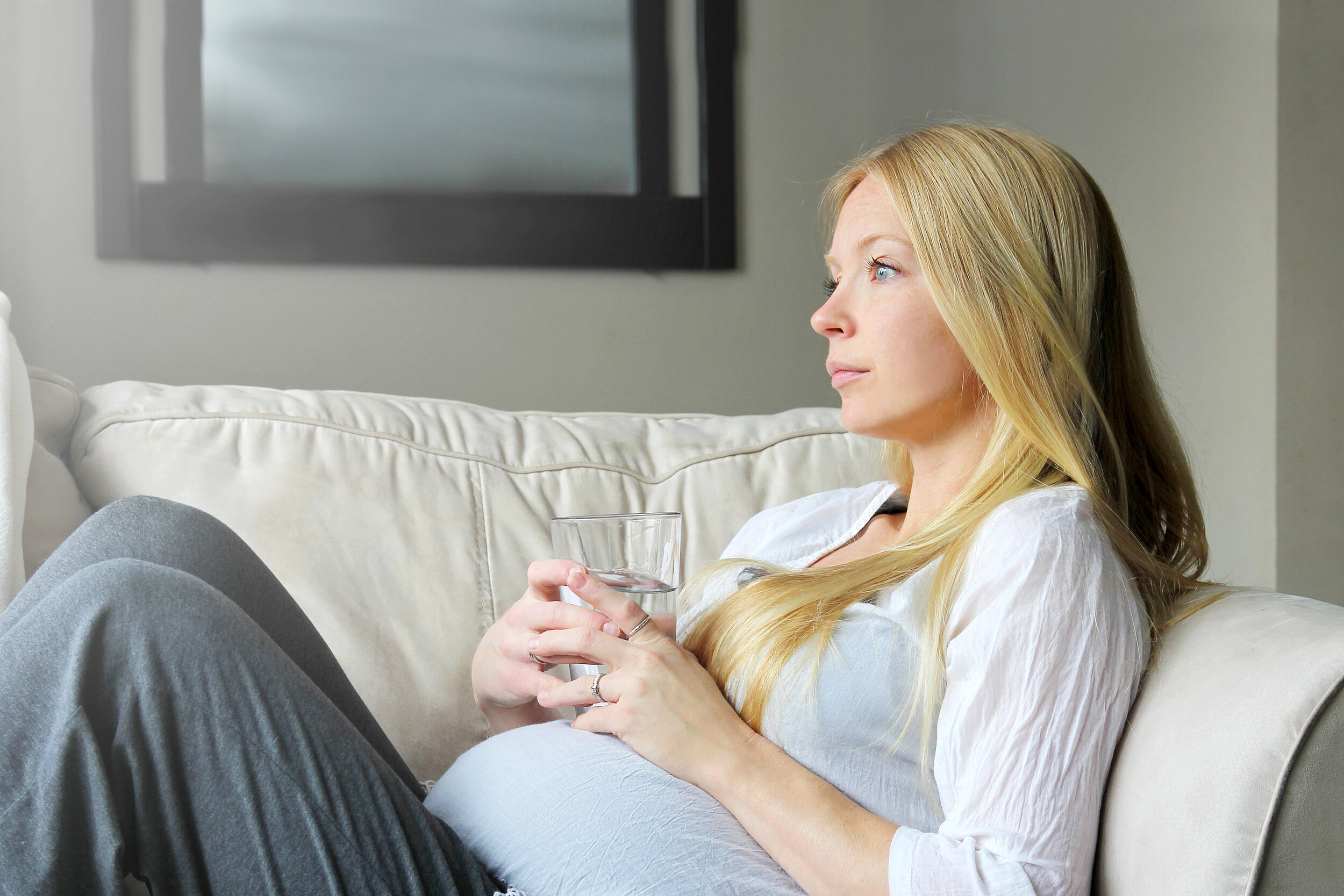
Diet + Nutrition
What + When to eat
When we’re pregnant we are bombarded with advice about we they should or should not be eating. HG sufferers often find that the food and drinks that don’t trigger a vomiting episode are few and far between. Even more stressful still, the foods that stay down are often not from the ‘healthy’ category. These choices can often lead to disapproving comments from friends, family and health care practitioners. People may even incorrectly assume you are purposely disregarding healthy eating guidelines. While it’s important to follow current guidelines regarding unsafe foods there’s no need to feel guilty about sticking to your 'safe' foods and eating and drinking whatever you can keep down.
Keeping a daily diary can help you track if, and when, your symptoms are controlled. Knowing when you are likely to feel well enough to eat can help you plan meals or snacks. The more severe your HG, the shorter these nausea-free intervals are likely to be, so it’s important to try to anticipate them. Sometimes you may feel hungry, but this can quickly trigger nausea or even vomiting. Either way, it’s important to try and make the most of them.
Many sufferers find that nibbling small amounts of food can keep nausea at bay. Once you feel full, stop eating or you risk triggering a vomiting episode. Eat whatever you feel drawn to and try not to worry if it’s not the healthiest option.
Triggers + Cravings
There will be certain foods that turn your stomach instantly - do whatever you can to avoid these foods. If you live with other people, explain to them that your trigger foods need to be kept out of the house for the duration of your pregnancy. It’s a small step your loved ones can take to help ease your suffering. You may even find it helpful to ask a friend or family member to reorganise your house to remove any offending foods.
You may still find yourself experiencing those famed pregnancy cravings. Feel free to treat yourself to whatever you are craving - as long as it’s safe for pregnancy! You should feel good about eating whatever it is you can hold in your stomach - eating typically 'unhealthy' food is still far better for you than going without.
Staying hydrated
Remember to keep your fluid intake up to prevent dehydration. Becoming dehydrated is a serious problem with HG - and it will likely result in a visit to the ED. Being dehydrated will worsen the symptoms of HG so it’s best avoided at all costs. Use your nausea-free intervals to maximum effect by alternating solids and fluids, if you find that you can’t eat and drink at the same time.
Many sufferers find lemonade, fruit drinks or frozen Coke are easier to tolerate than straight tap water. It’s important to try and get a little bit of water into you - if tap water comes straight back up again try fizzy water or chew on ice cubes.
Electrolyte drinks and ice blocks are also very handy - if you can tolerate them. They will boost your hydration levels and replenish important minerals and nutrients lost during vomiting. We recommend trying Hydralyte or Aquamamma.
